June 8 stands as one of history’s most eventful days, witnessing the rise and fall of empires, groundbreaking discoveries, and moments that shaped our modern world across centuries of human achievement.

Politics and Government Events on June 8
1906 – Theodore Roosevelt Signs Antiquities Act
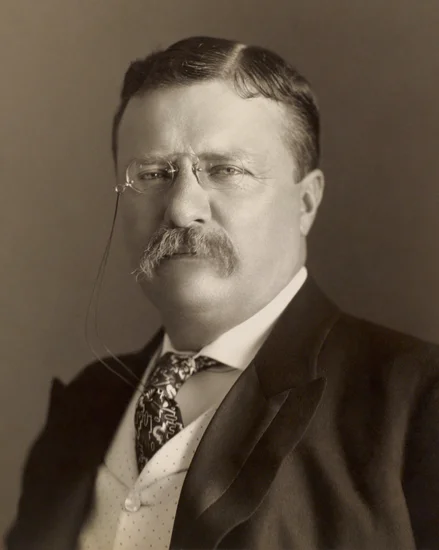
President Theodore Roosevelt signed the groundbreaking Antiquities Act into law on this historic date. The legislation granted presidents unprecedented authority to protect public lands of historical or conservation significance.
This landmark conservation measure established the foundation for America’s national monument system. Roosevelt’s bold environmental initiative would preserve countless natural treasures for future generations.
1929 – Margaret Bondfield Becomes First Female Cabinet Minister
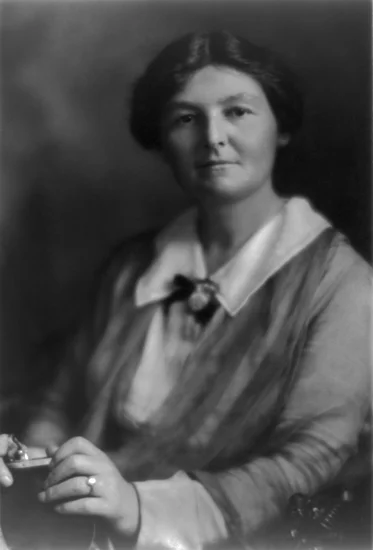
Margaret Bondfield shattered political barriers by becoming Britain’s first female Cabinet minister as Minister of Labour. Her appointment marked a revolutionary moment in British parliamentary history.
Bondfield’s groundbreaking achievement opened doors for women in government leadership roles. Her pioneering service demonstrated women’s capabilities in high-level political positions.
1953 – Supreme Court Mandates Restaurant Desegregation
The United States Supreme Court delivered a decisive ruling in District of Columbia v. John R. Thompson Co. The landmark decision prohibited Washington D.C. restaurants from refusing service to Black patrons.
This pivotal civil rights victory preceded the broader desegregation movement by several years. The ruling established crucial legal precedent for challenging racial discrimination in public accommodations.
1984 – New South Wales Decriminalizes Homosexuality
New South Wales became a progressive leader by decriminalizing homosexuality throughout the Australian state. This landmark legislation represented a significant advancement for LGBTQ+ rights in Australia.
The groundbreaking law dismantled decades of discriminatory legal policies. New South Wales set a powerful example that influenced similar reforms across other Australian states.
1968 – James Earl Ray Arrested in London
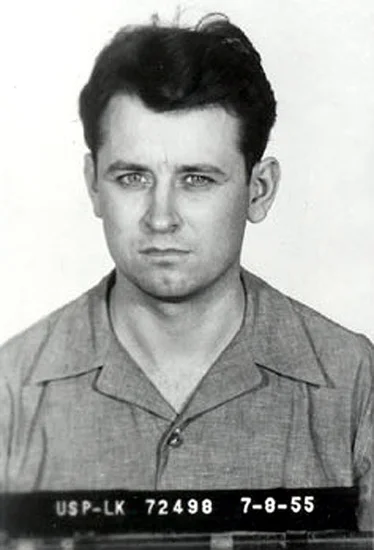
Authorities apprehended James Earl Ray at London Heathrow Airport for the assassination of Martin Luther King Jr. The international manhunt concluded with Ray’s dramatic capture after months of pursuit.
Ray’s arrest brought closure to one of America’s most traumatic criminal investigations. His capture demonstrated the global reach of law enforcement cooperation in pursuing justice.
2023 – Donald Trump Faces Federal Indictment

Former President Donald Trump received federal indictment on charges of misusing classified government information. The unprecedented legal action marked the first federal criminal charges against a former American president.
This historic indictment sent shockwaves through American political institutions. The charges represented a constitutional crisis testing the limits of presidential accountability.
Military and Naval History on June 8
1940 – Operation Alphabet Completes Norwegian Evacuation
Allied forces successfully completed Operation Alphabet, evacuating their remaining troops from Narvik during World War II. The operation marked the conclusion of the failed Norwegian Campaign against German occupation.
British and French forces withdrew under intense German pressure after weeks of fierce fighting. The evacuation represented a strategic retreat that preserved valuable military resources for future battles.
1941 – Syria-Lebanon Campaign Begins
Allied forces launched the Syria-Lebanon Campaign against Vichy French territories in the Middle East. British and Free French troops advanced simultaneously across multiple fronts to secure strategic regional positions.
The campaign aimed to eliminate Axis influence in the vital Levantine corridor. Allied success would secure crucial supply routes and prevent German expansion into the Middle East.
1942 – Japanese Submarines Shell Australian Cities
Imperial Japanese Navy submarines I-21 and I-24 conducted bold attacks on Sydney and Newcastle. The submarine bombardment brought World War II directly to Australian shores for the first time.
These audacious strikes demonstrated Japan’s extended naval reach across the Pacific. The attacks galvanized Australian public opinion and strengthened resolve for the Pacific War.
1967 – USS Liberty Incident Occurs
Israeli forces attacked the USS Liberty, a United States Navy intelligence ship, during the Six-Day War. The controversial incident resulted in 34 American deaths and 171 wounded servicemen.
The attack created lasting diplomatic tensions between the United States and Israel. Debate continues regarding whether the strike was intentional or a case of mistaken identity.
1982 – Bluff Cove Air Attacks Strike British Forces
Argentine aircraft devastated British forces during the Falklands War at Bluff Cove. The surprise air attack killed 56 British servicemen aboard RFA Sir Galahad and RFA Sir Tristram.
The tragic assault represented one of Britain’s costliest single-day losses during the conflict. The attack demonstrated the continuing vulnerability of naval forces to determined air strikes.
Science and Discovery Milestones on June 8
2004 – Venus Transit Captivates Global Observers
The first Venus transit in over a century mesmerized astronomers and the public worldwide. The rare celestial event had not occurred since 1882, making it a once-in-a-lifetime observation opportunity.
Scientists used advanced technology to study Venus’s atmospheric properties during the transit. The astronomical phenomenon provided valuable data about planetary atmospheres and solar system dynamics.
1959 – Missile Mail Experiment Launched
The USS Barbero and United States Postal Service conducted an ambitious missile mail delivery experiment. The innovative project tested whether guided missiles could revolutionize postal transportation systems.
The experimental program fired mail-carrying missiles from submarines to mainland destinations. Though ultimately impractical, the test demonstrated Cold War-era innovation in civilian applications.
1972 – Nick Ut Captures Iconic Vietnam Photograph
Associated Press photographer Nick Ut captured the devastating image of nine-year-old Phan Thị Kim Phúc burned by napalm. The Pulitzer Prize-winning photograph became one of the most powerful anti-war images ever taken.
The haunting image of the young girl running naked down the road galvanized global opinion against the Vietnam War. Ut’s photograph demonstrated journalism’s power to expose the human cost of conflict.
Cultural and Arts Events on June 8
1949 – George Orwell’s “1984” Published in America
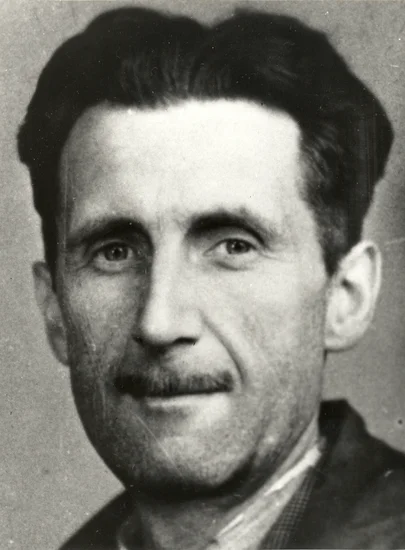
George Orwell’s dystopian masterpiece “Nineteen Eighty-Four” reached American readers for the first time. The prophetic novel introduced concepts like “Big Brother” and “doublethink” that would define political discourse for generations.
Orwell’s chilling vision of totalitarian control resonated powerfully with Cold War anxieties. The book became essential reading for understanding the dangers of authoritarian government surveillance and control.
1961 – Royal Wedding at York Minster
Prince Edward, Duke of Kent, married Katharine Worsley in a magnificent ceremony at York Minster. The royal wedding attracted international attention and celebrated British monarchical traditions.
The elaborate ceremony showcased the grandeur of British royal pageantry to a global audience. The marriage strengthened ties between the royal family and British aristocratic society.
1966 – Aircraft Collision During Photo Shoot
An F-104 Starfighter collided with the experimental XB-70 Valkyrie prototype during a publicity photo session near Edwards Air Force Base. The tragic accident killed NASA test pilot Joseph A. Walker and Air Force pilot Carl Cross.
The devastating crash destroyed both advanced aircraft and highlighted the risks of experimental aviation. The loss of the unique XB-70 prototype set back supersonic transport development significantly.
Religious and Social Events on June 8
1924 – British Mountaineers Vanish on Everest
British mountaineers George Mallory and Andrew Irvine disappeared during their ambitious Mount Everest expedition. The tragic loss of these pioneering climbers remains one of mountaineering’s greatest mysteries.
Their disappearance sparked decades of speculation about whether they reached the summit before perishing. The mystery of Mallory and Irvine continues to fascinate adventurers and historians worldwide.
1995 – Captain Scott O’Grady Rescued in Bosnia
U.S. Marines successfully rescued downed Air Force pilot Captain Scott O’Grady from hostile territory in Bosnia. The dramatic rescue operation demonstrated American military commitment to recovering stranded personnel.
O’Grady had survived for days behind enemy lines before his miraculous rescue. The successful operation boosted morale during the challenging Balkan peacekeeping mission.
2001 – Osaka School Attack Shocks Japan

Mamoru Takuma killed eight people and injured 15 others in a mass stabbing at an elementary school in Osaka Prefecture. The horrific attack shocked Japan’s traditionally peaceful society and exposed vulnerabilities in school security.
The tragedy led to comprehensive reviews of school safety protocols across Japan. The incident highlighted the need for better mental health support and security measures in educational institutions.
Business and Economic Events on June 8
1987 – New Zealand Declares Nuclear-Free Zone
New Zealand’s Labour government established a comprehensive national nuclear-free zone through landmark legislation. The Nuclear Free Zone, Disarmament, and Arms Control Act banned nuclear weapons and nuclear-powered vessels from New Zealand territory.
This bold policy decision strained relations with nuclear-armed allies, particularly the United States. New Zealand’s principled stance influenced global nuclear disarmament movements and environmental policies.
1928 – Chinese Forces Capture Beijing
The National Revolutionary Army captured Beijing during the Second Northern Expedition, renaming the city Beiping. This military victory marked a crucial step in Chinese unification under Nationalist control.
The successful campaign demonstrated the growing strength of modern Chinese military forces. The capture of the historic capital symbolized the end of warlord fragmentation in northern China.
1982 – VASP Flight 168 Crashes in Brazil

VASP Flight 168 crashed in Pacatuba, Ceará, Brazil, killing all 128 people aboard. The devastating aviation disaster remains one of Brazil’s worst commercial aircraft accidents.
The tragedy highlighted the need for improved aviation safety standards in developing countries. The crash prompted comprehensive reviews of aircraft maintenance and pilot training protocols.
Transportation and Infrastructure on June 8
1953 – Deadly Tornado Devastates Beecher, Michigan

A powerful F5 tornado struck Beecher, Michigan, killing 116 people and injuring 844 others. The devastating storm destroyed 340 homes and caused unprecedented destruction across the community.
The tornado remains one of Michigan’s deadliest natural disasters in recorded history. The catastrophe led to improved tornado warning systems and emergency response protocols.
1966 – Topeka Tornado Causes Massive Destruction
An F5 tornado devastated Topeka, Kansas, causing over $200 million in damages and killing 17 people. The powerful storm injured more than 500 residents and destroyed thousands of homes.
The tornado’s path of destruction prompted advances in severe weather forecasting and warning systems. The disaster demonstrated the continuing vulnerability of urban areas to extreme weather events.
2007 – Severe Storms Batter Newcastle, Australia
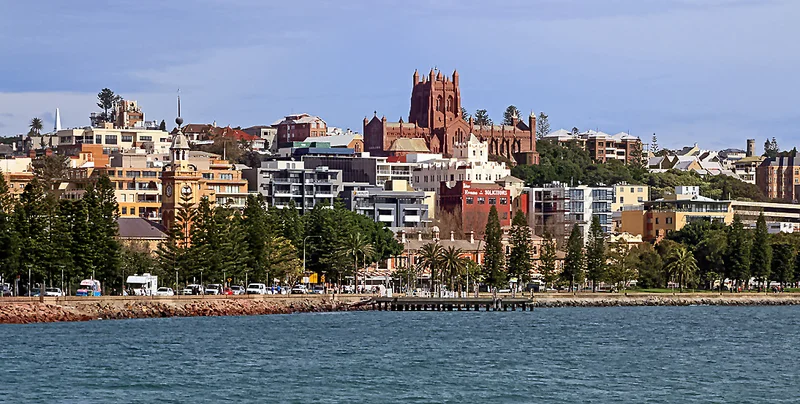
Newcastle, New South Wales, endured its worst storms and flooding in 30 years, claiming nine lives. The extreme weather conditions stranded the cargo ship MV Pasha Bulker on a local beach.
The dramatic grounding of the massive vessel became an iconic symbol of nature’s power. The storms highlighted the increasing intensity of weather events linked to climate change.
Sports and Recreation on June 8
1992 – First World Oceans Day Celebrated

The inaugural World Oceans Day coincided with the Earth Summit in Rio de Janeiro, Brazil. This global environmental celebration raised awareness about ocean conservation and marine ecosystem protection.
The event established an annual tradition of highlighting oceanic environmental challenges. World Oceans Day mobilized international cooperation for marine conservation efforts.
1993 – GP Express Airlines Crash

GP Express Airlines Flight 861 crashed during approach to Anniston Regional Airport in Alabama, killing three people. The tragic accident highlighted ongoing safety concerns in regional aviation operations.
The crash prompted investigations into small aircraft safety protocols and pilot training standards. The incident contributed to improved safety regulations for regional airline operations.
1943 – Battle of Porta Begins
The two-day Battle of Porta commenced between the Royal Italian Army and Greek People’s Liberation Army. This World War II engagement demonstrated the complex nature of resistance movements in occupied territories.
The battle reflected the broader struggle between Axis forces and partisan resistance groups. The conflict highlighted the determination of local populations to resist foreign occupation.
Notable Births on June 8
1916 – Francis Crick, DNA Pioneer

Francis Crick entered the world destined to revolutionize biological science through his groundbreaking research. The English biologist would become instrumental in discovering the double helix structure of DNA.
Crick’s collaborative work with James Watson transformed our understanding of genetic inheritance. His Nobel Prize-winning discoveries laid the foundation for modern molecular biology and genetic engineering.
1955 – Tim Berners-Lee, Web Creator

Tim Berners-Lee was born in England, future inventor of the World Wide Web. His childhood fascination with computers and information systems would reshape global communication forever.
Berners-Lee’s revolutionary creation democratized access to information worldwide. His decision to make the web freely available transformed commerce, education, and social interaction globally.
1925 – Barbara Bush, First Lady
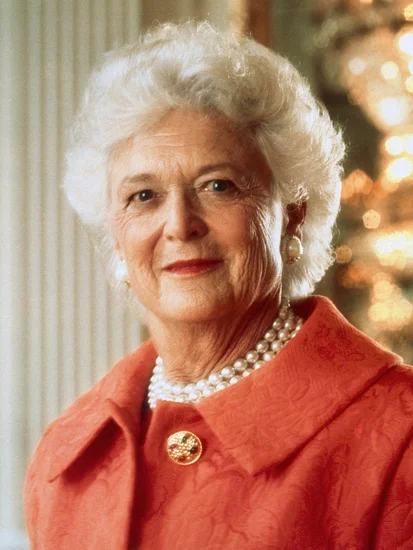
Barbara Bush was born, destined to become the 41st First Lady of the United States. Her strong personality and dedication to literacy programs would define her public service career.
Bush’s advocacy for education and family values resonated with millions of Americans. Her compassionate leadership style influenced a generation of women in public service.
1921 – Suharto, Indonesian President
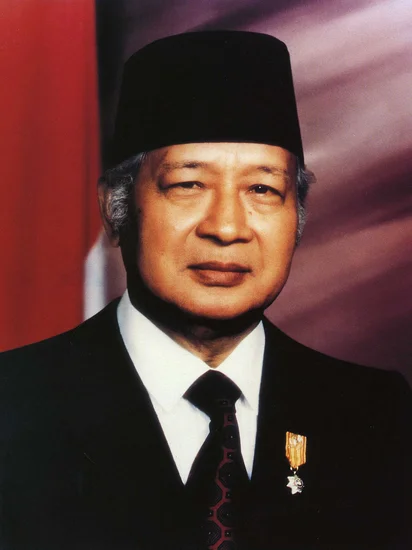
Suharto was born in Indonesia, future military leader and the country’s second president. His rise to power would dramatically reshape Indonesian politics and society for decades.
Suharto’s authoritarian rule brought economic development but also significant human rights concerns. His 32-year presidency profoundly influenced modern Indonesian history and regional politics.
1933 – Joan Rivers, Comedy Legend

Joan Rivers was born in New York, destined to become one of America’s most influential comedians. Her sharp wit and fearless approach to comedy would break barriers for female performers.
Rivers revolutionized stand-up comedy with her bold, self-deprecating humor. Her pioneering career opened doors for countless women in entertainment and comedy.
1977 – Kanye West, Music Producer

Kanye West was born in Atlanta, future rapper, producer, and fashion designer. His innovative approach to music production would influence hip-hop and popular music for generations.
West’s creative vision extended beyond music into fashion and visual arts. His controversial personality and artistic innovations made him one of the most influential cultural figures of his era.
1951 – Bonnie Tyler, Welsh Singer

Bonnie Tyler was born in Wales, destined to become an international rock sensation. Her distinctive raspy voice would make her one of the most recognizable singers of the 1980s.
Tyler’s powerful ballads like “Total Eclipse of the Heart” dominated global charts. Her emotional vocal style influenced countless rock and pop performers worldwide.
Notable Deaths on June 8
1913 – Emily Davison, Suffragette Martyr
Emily Davison died from injuries sustained during her protest at the Epsom Derby. The English suffragette’s sacrifice became a powerful symbol of the women’s voting rights movement.
Davison’s death galvanized public support for women’s suffrage across Britain. Her ultimate sacrifice demonstrated the fierce determination of women fighting for political equality.
1970 – Abraham Maslow, Psychology Pioneer

Abraham Maslow passed away, leaving behind revolutionary contributions to psychological theory. His hierarchy of needs transformed understanding of human motivation and personal development.
Maslow’s humanistic approach influenced psychology, education, and management theory. His concepts of self-actualization continue to shape personal development and organizational behavior.
1982 – Satchel Paige, Baseball Legend

Satchel Paige died, ending the life of one of baseball’s greatest pitchers. His exceptional career spanned both Negro League and Major League Baseball during the segregation era.
Paige’s incredible longevity and skill made him a legendary figure in American sports. His integration into Major League Baseball helped break down racial barriers in professional athletics.
1998 – Sani Abacha, Nigerian Dictator
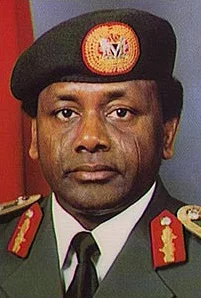
Sani Abacha died suddenly, ending his controversial rule as Nigeria’s military dictator. His authoritarian regime had suppressed political opposition and committed widespread human rights violations.
Abacha’s death opened possibilities for democratic transition in Nigeria. His passing marked the end of one of Africa’s most repressive military governments.
2018 – Anthony Bourdain, Culinary Explorer
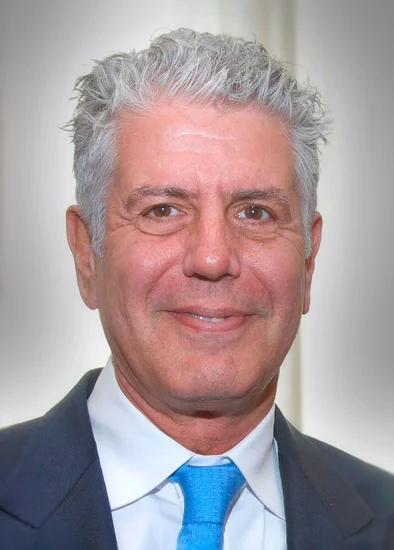
Anthony Bourdain died tragically, ending his influential career as a chef and travel documentarian. His authentic approach to food and culture made him a beloved television personality.
Bourdain’s programs connected global audiences with diverse cultures through cuisine. His honest storytelling and cultural curiosity inspired countless food enthusiasts and travelers.
Holidays and Observances on June 8
World Oceans Day

World Oceans Day raises global awareness about ocean conservation and marine ecosystem protection. This United Nations-designated observance mobilizes international efforts to address oceanic environmental challenges.
The day highlights the critical importance of healthy oceans for climate regulation and biodiversity. Educational programs and conservation initiatives worldwide promote sustainable ocean management practices.
Bounty Day in Norfolk Island
Norfolk Island observes Bounty Day, commemorating the arrival of Pitcairn Island descendants in 1856. This unique celebration honors the complex history of the HMS Bounty mutineers and their families.
The observance features traditional ceremonies, cultural displays, and community gatherings. Local residents celebrate their distinctive heritage connecting them to one of maritime history’s most famous stories.
World Brain Tumor Day
World Brain Tumor Day promotes awareness about brain cancer research and patient support. The observance encourages funding for medical research and provides hope for patients and families.
Healthcare organizations worldwide organize educational events and fundraising activities. The day highlights the urgent need for advanced treatments and improved patient care options.
